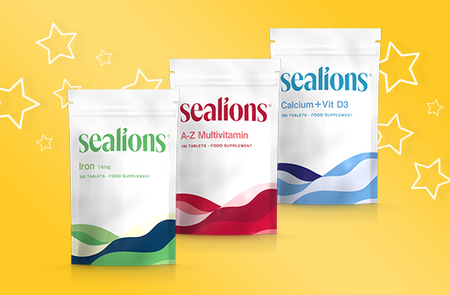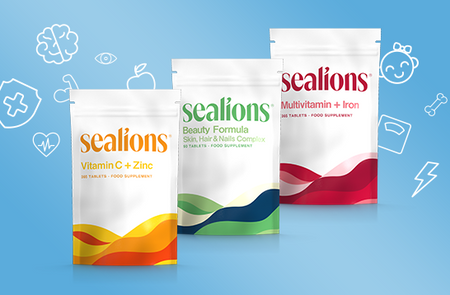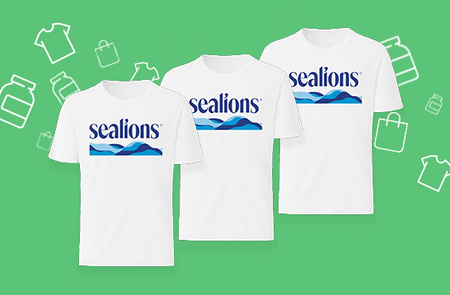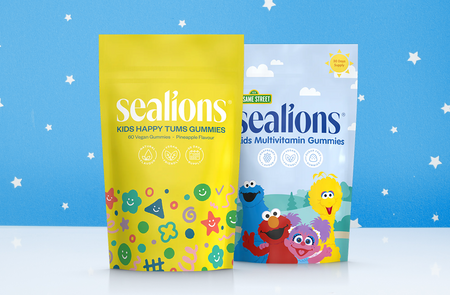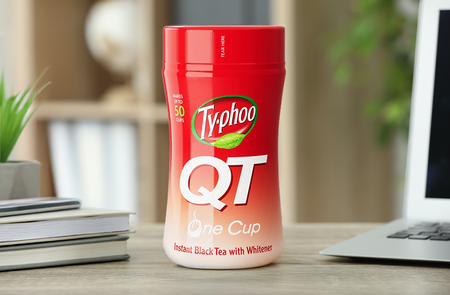
What Are the Benefits of Taking Supplements During Pregnancy?
Through different stages of their life, women may require different nutrients to support their health in the best way possible. For example, during menstruation, it’s important to make sure you’re getting enough iron, B vitamins and vitamin C.
When pregnant, women need a higher intake of several vitamins and minerals to support the wellbeing of both themselves and their baby. But which supplements should you be topping up on?
Folic Acid
Folate, also often known as vitamin B9 or folic acid, is an essential nutrient which helps your body to produce and maintain its cells. Women are recommended to get 400 micrograms of folic acid per day, and can even be advised to increase their intake during pregnancy to increase their maternal folate status.
Folic acid plays a vital role in the development of your baby, helping their brain, skull and spinal cord to develop normally during pregnancy, and can help to prevent neural tube defects, such as spina bifida.
Vitamin D
People in the UK are recommended to take a supplement of the sunshine vitamin, particularly during the winter months when there’s not as much direct sunlight. During pregnancy, and also when breastfeeding, it’s always recommended to take a daily vitamin D supplement.
Vitamin D supports the development of your baby’s bones, teeth, muscles and nervous system. The recommended daily intake when pregnant is 10 micrograms – it’s important to make sure you don’t take more than 100 micrograms (4,000IU) per day, as it may be harmful.
Iron
Iron is needed to support the normal formation of red blood cells and is used to make haemoglobin for both mother and baby. It’s recommended that you get at least 27mg of iron each day when pregnant, and at least 9mg per day when breastfeeding.
During pregnancy, the amount of blood in your body can increase by almost 50%, and you may find that you need to increase your iron intake. A lack of iron can cause you to become lacking in red blood cells which can result in iron deficiency anaemia. If you are experiencing any symptoms, such as fatigue, or feel that you could be anaemic, your doctor or midwife can confirm this with a blood test and may recommend a daily iron supplement.
Vitamin C
Vitamin C is packed full of benefits, helping to support your immune system and providing protection for your cells against oxidative stress. A balanced diet should be able to provide all of the vitamin C you need per day, however, this vitamin is water-soluble, meaning that it isn’t stored in the body for long periods of time.
Many fruits and vegetables such as oranges, berries, broccoli and even potatoes are good sources of vitamin C which you can include in your diet during pregnancy. If you feel you are not able to get enough vitamin C from your diet alone, a daily supplement can help to top up your intake.
When pregnant, or trying to conceive, a one-a-day pregnancy multivitamin, which contains all of the essential nutrients you need, is a convenient way of providing support for both your health and the health of your baby.
Tagged:

